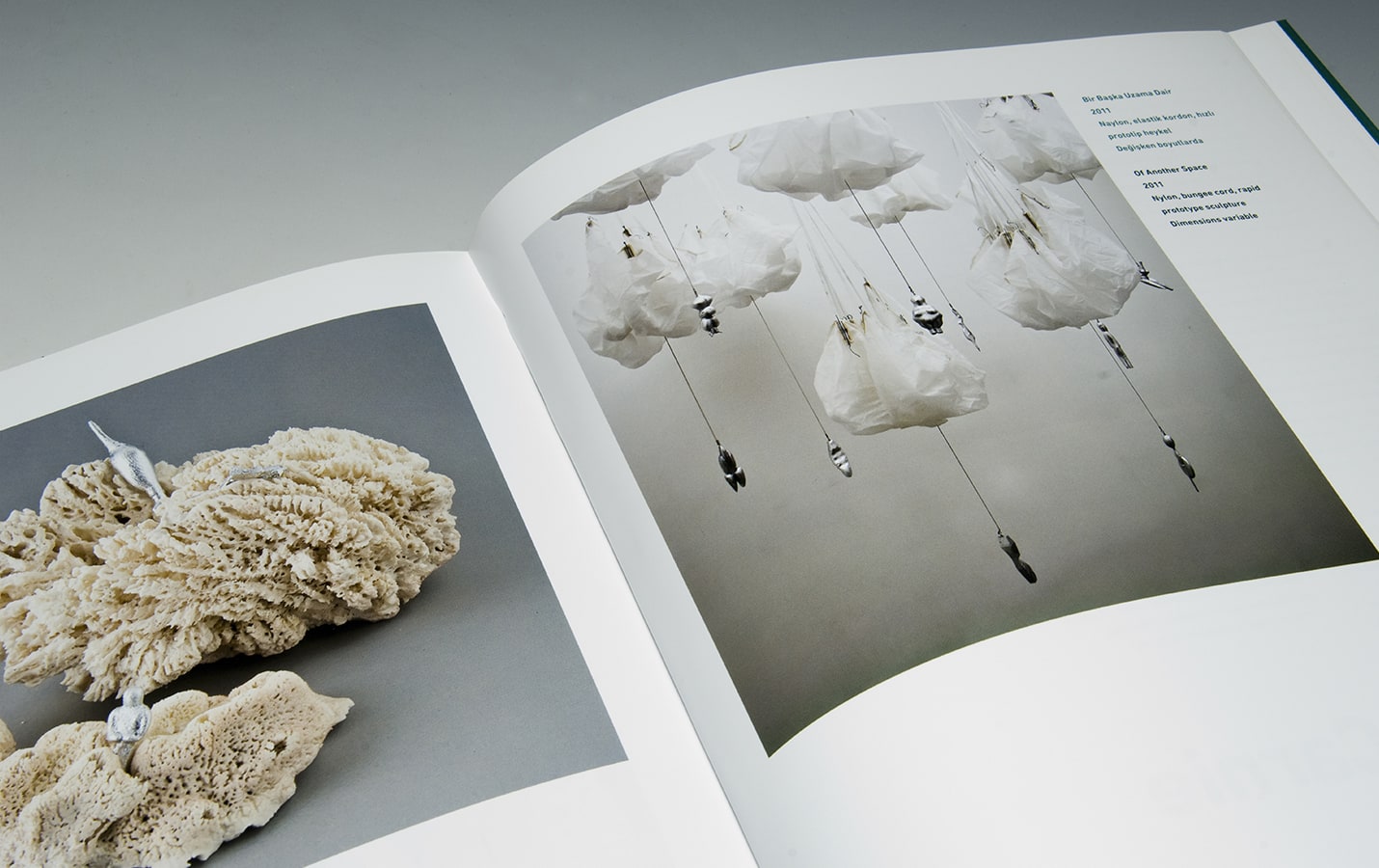April 7 - July 3, 2011
Fundamentally Human: Contemporary Art and Neuroscience exhibition brought the work of seven contemporary artists to the fore, whose work addresses aspects of the neurological sciences. Curated by BFA Fine Arts Department Chair of the School of Visual Arts in New York Suzanne Anker, the exhibition included works by the artists Suzanne Anker (USA), Andrew Carnie (UK), Rona Pondick (USA), Michael Joaquin Grey (USA), Michael Rees (USA), Frank Gillette (USA) and Leonel Moura (Portugal).
Each interdisciplinary artist essentially employed new technologies ranging from robotics, 3-D scanning, Photoshop, rapid prototyping, microscopy and computational video. All were concerned with the mysteries and unity of nature and its processes, the transmission of knowledge and beliefs, and the reveries of human metaphors of being in time. As the artists incorporated such metaphors invoked by matter, perception and memory, their discrete personifications are framed within a symbolic narrative.
The exhibition combined science and art; inviting visitors to view art through a scientific perspective; viewers were able to understand and question the strong connection between contemporary art and neuroscience.
Artists: Suzanne Anker, Andrew Carnie, Frank Gillette, Michael Joaquin Grey, Leonel Moura, Rona Pondick, Michael Rees
Exhibition Catalogue

Fundamentally Human: Contemporary Art and Neuroscience exhibition catalogue brings the work of seven contemporary artists to the fore, whose work addresses aspects of the neurological...
Tuesday - Saturday 10:00 - 19:00
Friday 10:00 - 22:00
Sunday 12:00 - 18:00
The museum is closed on Mondays.
On Wednesdays, the students can
visit the museum free of admission.
Full ticket: 300 TL
Discounted: 150 TL
Groups: 200 TL (minimum 10 people)